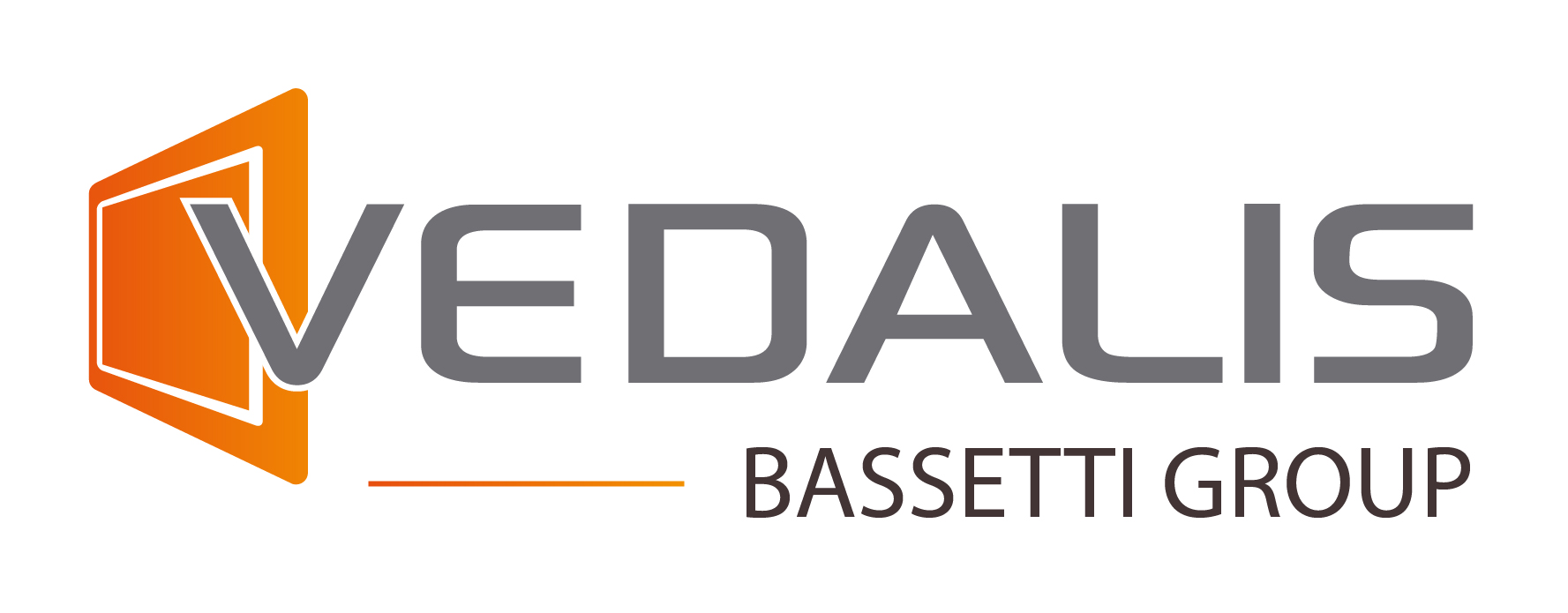
Socrates taught his most famous disciple, Plato, that: “Admitting that we do not know everything is the first step on our journey to knowledge.” Ironically enough, the Hellenist left no writing to translate his thought, and his philosophy was only transcribed orally. Yet, even today, the philosopher remains universally recognized as an iconic thinker. In a knowledge management issue, it is interesting to look for reasons in the early stages of human memory: How does this knowledge still exist? Shouldn’t knowledge have fallen into oblivion after the various “updates” brought about by later trends of thought? Paradoxically, why is it that the thought of an ancient master is still accessible and usable today?
These considerations may seem too distant to be really implemented nowadays. Especially in a professional context. And yet, these questions illustrate the true binarity of knowledge conservation and reappropriation, leading to the emergence of two approaches: “pushed” knowledge and “pulled” knowledge.
Access to “pulled” knowledge: Sharing knowledge becomes necessary because there is a need, more or less imminent, to know the procedures to be applied. This approach praises the case in hand and uses a very particular situation to illustrate the knowledge learned in that case. Democritus, another Greek philosopher, said: “A lot of thought and not a lot of knowledge, that is what we must strive for.’’ “Pulled” knowledge is a reaction, rather than a forecast. On a purely financial level, this method is the most effective method. Yet, while it makes a company more capital efficient, it also makes it more fragile. Indeed, the search for information in an emergency context often does not allow the entire context to be taken into account. Therefore, the solution provided is limited compared to the prevailing characteristics.
In short, therefore, while the knowledge pulled is certainly more efficient, the pushed knowledge is more effective. And this without mentioning the daily developments we are witnessing. Pierre Boulez, explained to the Ecole Normale supérieure: “I think we are in a century[…] where we have absolutely frightening capacities for accumulating documentation. The more documentation capacities grow (thanks to the technological means that are now at our disposal), the more we are moving towards an accumulation for which the Alexandria library was supposed to be a child’s play…” This reveals that dematerialization is, therefore, a formidable tool at the service of advanced and pulled knowledge, depending on its use. Indeed, who has never done an incongruous search on a search engine? And yet, knowledge is proving to be accessible.
However, a new problem arises, and beyond pro-action against reaction, in knowledge management: collecting or connecting, what is the best solution?



